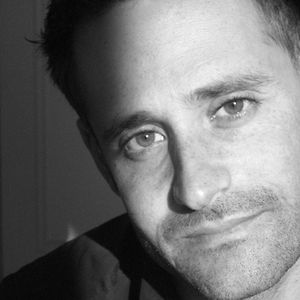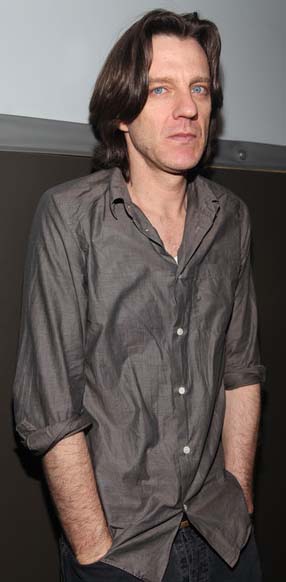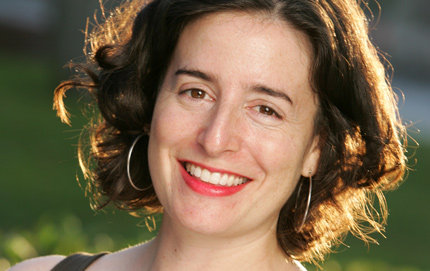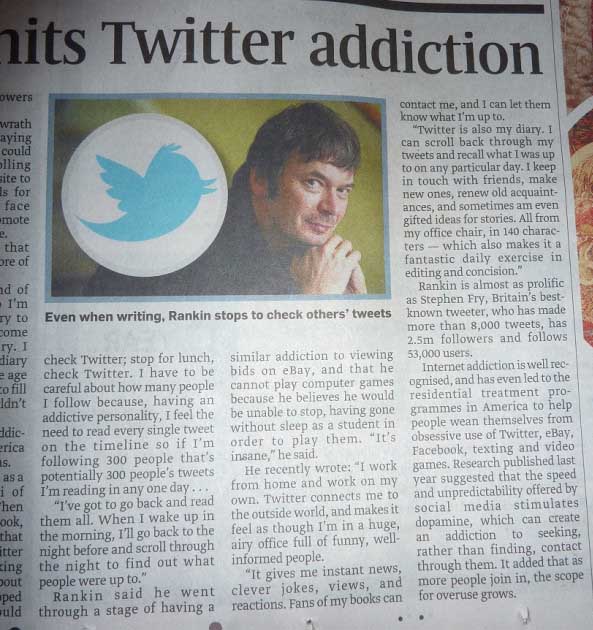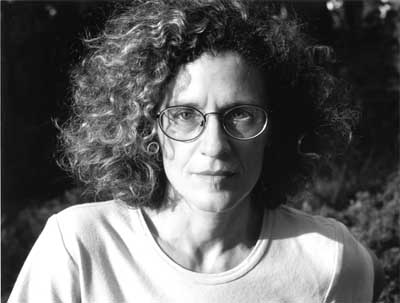Alexander Maksik appeared on The Bat Segundo Show #411. He is most recently the author of You Deserve Nothing.
Listen: Play in new window | Download
Condition of Mr. Segundo: Staring into unreliable news outlets for confirmation of existence.
Author: Alexander Maksik
Subjects Discussed: Writing an anti-Parisian novel in Paris, experiential qualities that find their way into fiction, being seduced by a cliche, reading Camus in the original, English prose that is deliberately written as if it is translated from another language, thinking and feeling in French and writing in English, broaching philosophy in the simplest possible manner, designing a perspective that don’t seem like a voice, depression, whether a character’s fall from grace interpreted as “devastating” can also be liberating, institutional trappings in teaching, whether a novel about depression can be a positive book, explicit revelations toned down over the course of many drafts, the finale as a revelatory meter, experiencing fear as a novelist, being edited by Alice Sebold, character change, nervousness and writing a novel within a vacuum, being fearless, existentialism and being judged by others, Sebold’s editorial emphasis on sound and language, the similarities between changing lives and leading cults, living with a directionless viewpoint, dead characters as models, introducing monstrous characters to sympathize with “less monstrous” actions in a protagonist, pushing readers into a mode of sympathy vs. challenging a reader’s assumptions, working without outlines and without moral points, time, location, and place as the best narrative confines, seeing a situation unfold from two perspectives, worrying about playing into moral ambiguity, sex and affection portrayed as directional, the teacher-student power dynamic, using minor characters to depict interpersonal tragedy, John Fowles’s The Magus, worrying about protagonists being perfect, and parallels between the voluntary senior seminars class and the voluntary reading experience.
EXCERPT FROM SHOW:
Correspondent: I wanted to first of all start off by discussing the experiential requirements in writing an anti-Parisian novel in Paris. You told Largeheartedboy that you made it a point to avoid certain music while working on the novel. Now I’m going to have to ask you — do you also have to avoid certain people or certain locales when you’re writing this kind of novel? From an artistic position, isn’t avoiding some of these normal or privileged aspects of Parisian life just as bad as the other side? How do you fashion a perspective — or several perspectives, in this case — when you ignore certain aspects of Paris? Can’t you mine something from the totality of experience? Just to start out here.
Maksik: Yeah. I mean, I have to say that I lived in one of the most, if not the most, expensive neighborhoods in Paris. But I lived on the top floor of a building without an elevator, which allowed me to pay a lower rent.
Correspondent: Just like Will.
Maksik: Yes.
Correspondent: It makes me wonder about other experiential qualities. (laughs)
Maksik: Well, we can talk about that. We can talk about that. But when I first moved to Paris, I had this very clear sense of the kind of Paris I wanted to experience. And very quickly, it was boring to me. And I started to explore. Particularly the northern parts of the city. And I found those parts of the city to be far more interesting, and spent more and more time there, and started to read at a bar in the north of Paris. A bar called Cabaret Populaire. It was sort of there that I started to see the city as it really is. Because when I first moved to the city, it was all Hemingway and Boulevard Saint-Germain and all of that. And now I see the city in a far more different light.
Correspondent: What bored you specifically about the neighborhood you had to escape from?
Maksik: I mean, it is wonderful. Because it is a cliche. Because it is, at least physically, exactly as the postcards make it. The Luxembourg Gardens looks exactly as I imagined it would look. And the cafes remain — at least outwardly — Parisian. Like a Robert Doisneau photograph. And now it becomes — Paris is often criticized now as a museum city. Where there’s nothing behind those beautiful facades. I don’t think that that’s true. I just think that it requires a little investigation.
Correspondent: Well, you could have perhaps knocked on a few doors and asked to see the insides, introduce yourself…
Maksik: Yeah.
Correspondent: I mean, this whole idea of “I’m bored; I have to go somewhere else” intrigues me. Because a lot of novelists are determined to get at the wonder underneath the boredom or just find something that’s interesting.
Maksik: Right.
Correspondent: Why couldn’t you have found something that was interesting?
Maksik: Well, I did! I did. And, of course, it is simplistic to say that everything in the 6th [arrondissement] or the 5th or the 7th is one thing. I can’t make that argument. But because there’s so many tourists, because the city uses the center of Paris as an advertising campaign — you know, it’s very well preserved. It’s very clean. All of the gold is polished. All of the doors are kept in a certain fashion. And the outskirts of the city, in large part, are ignored by the city and by the government. Things are dirtier. The river is less elegant at the outskirts of the city.
Correspondent: It’s fascinating to have this conversation when we’re here in Midtown, which some might argue is the most boring aspect of Manhattan.
Maksik: Yeah, I would tend to agree.
Correspondent: Well, what of this? Do you think that hitting the outside of a city is really the only way to understand it? Both as a novelist and as a human being? Has this been the sort of pattern throughout your life?
Maksik: I mean, I don’t think. No. There’s never been a place in my life ever that has held so much appeal to me from afar. You know, I was never sort of caught up in New York, for example. It’s the city for many people. But I was never really seduced from afar by New York. So Paris is very particular to me.
Correspondent: What was it about it that seduced you?
Maksik: All of the cliches. All of the cliches. And I’ve said this before in other interviews. But Hemingway and Shakespeare & Company and Gertrude Stein and the whole deal. And I read A Moveable Feast many times. At a time when I was very impressionable. And I had these notions of wanting to be a writer. And I just thought — somehow it got in my mind that Paris would be the answer to all of my questions, all of my problems. This is where I would be my truest self. And that’s a recipe, I think.
Correspondent: Has this been the pattern throughout your life? Of essentially being seduced by a cliche and then pursuing the cliche and then finding out what’s around it? That this is really the only way for you to find this identity here?
Maksik: Yeah. I mean, I think I have this tendency to imagine that a place will solve the problems of my life. I will be another person in this place. Wherever it is.
Correspondent: A topographical panacea, basically.
Maksik: Yes. Absolutely. And I love to make plans. And I love to travel. And I think part of that love is this sense of reinvention. That I can be a different human being. That I can wipe the slate clean. And, of course, as I discovered in a very concrete way in Paris, you are who you are wherever you go.
The Bat Segundo Show #411: Alexander Maksik (Download MP3)
